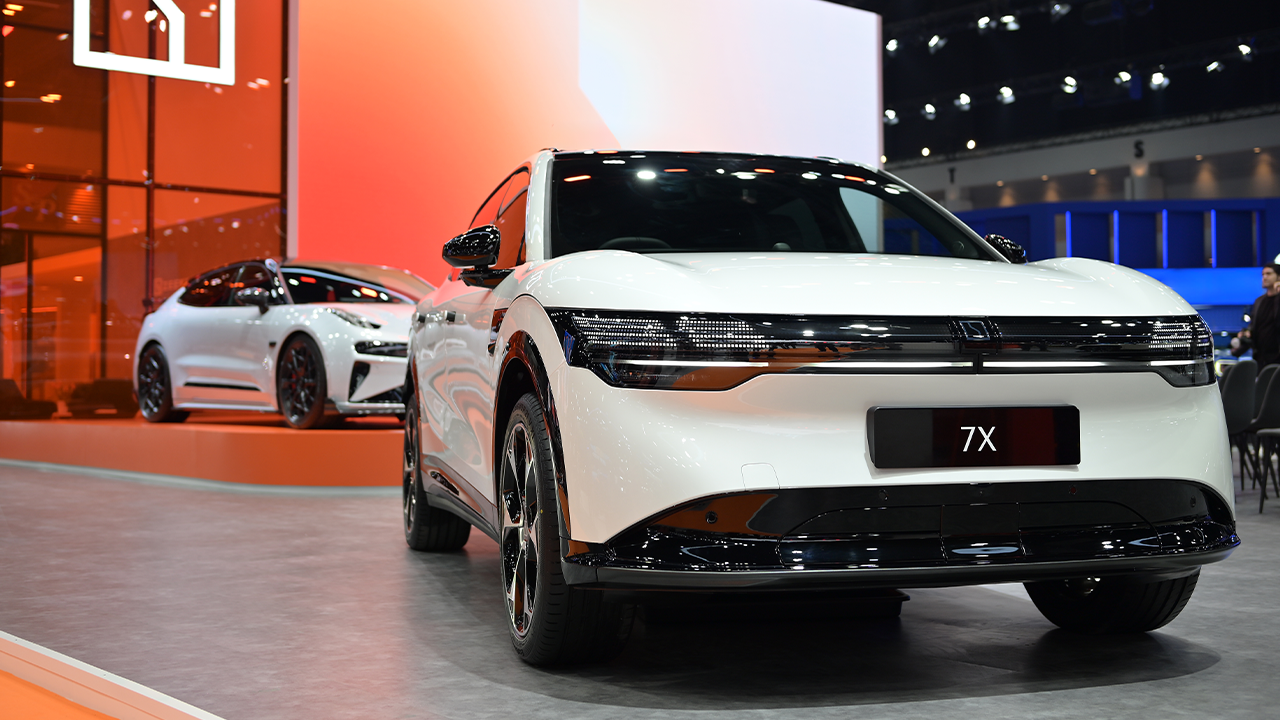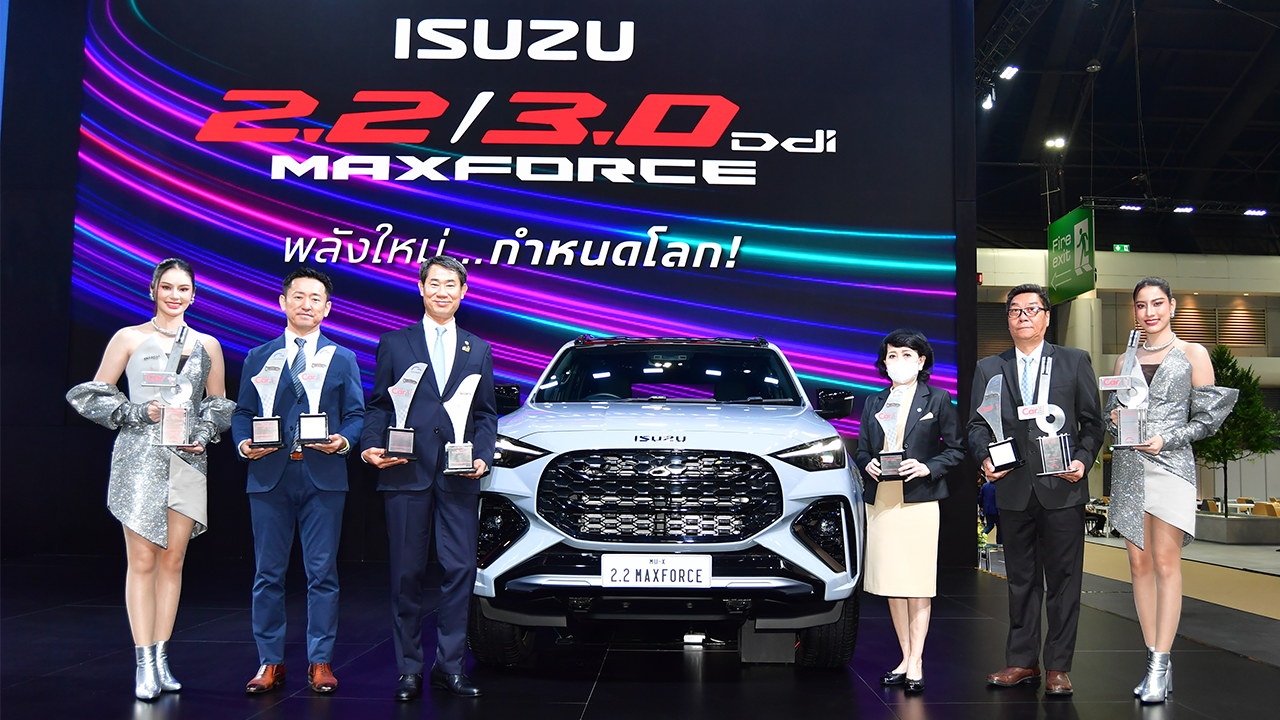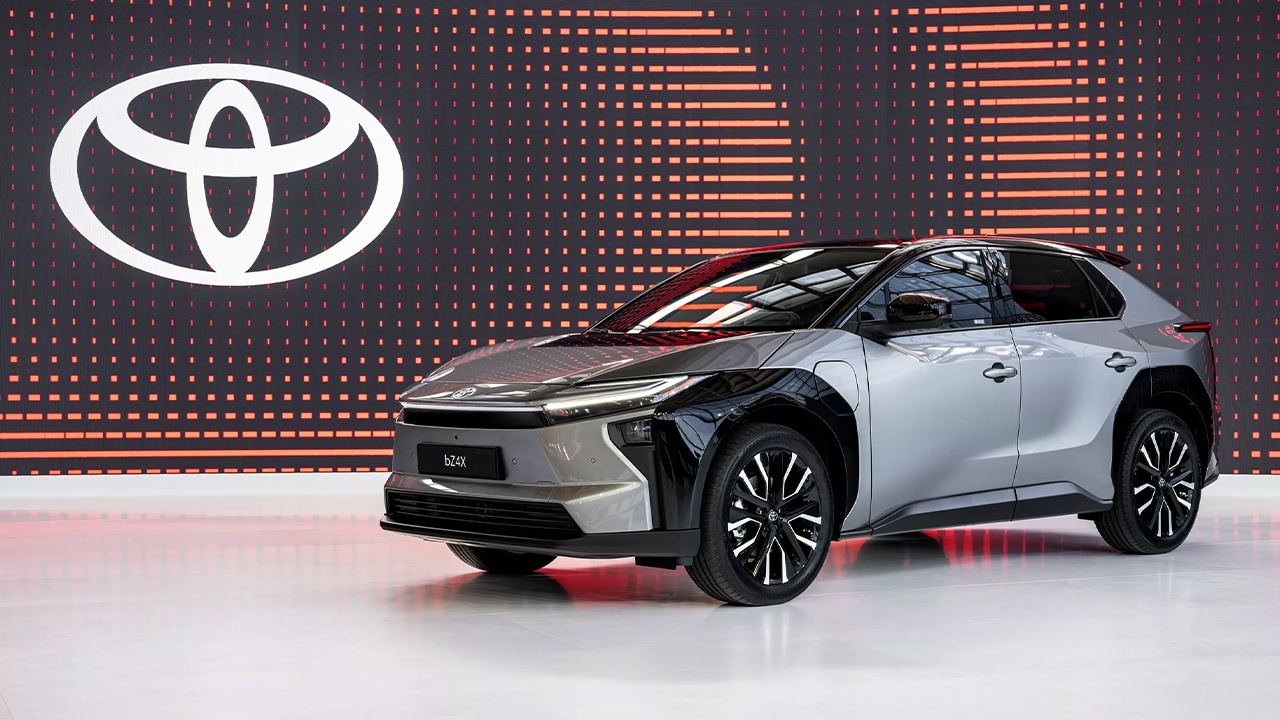
The path to cleaner energy isn’t solely electric in Toyota’s view. As the world’s top-selling car brand and a long-time advocate of hybrid technology, Toyota stands apart while other automakers rush toward full electrification. Instead of a rapid shift, Toyota is gradually expanding its electric vehicle (EV) lineup while significantly increasing its investment in hybrid technology.
Although Toyota recently launched a new EV model in China, the company has still faced criticism for its relatively slow EV rollout. Akio Toyoda, known for his firm stance on a multi-energy approach, has once again explained why Toyota hasn’t followed the all-electric trend. In a recent interview with the media, he stated: “When the term carbon neutrality became popular, we, as a company, said that our enemy is carbon. We must focus on what we can do immediately to reduce carbon dioxide. That is the foundation of our decisions. It has not changed, and it will not change.”
Akio Toyoda also added, “We’ve sold around 27 million hybrid vehicles. These hybrids have had the same environmental impact as 9 million battery electric vehicles (BEVs) on the road. But if we had actually built 9 million BEVs in Japan, carbon emissions would have increased, not decreased, because Japan still relies heavily on thermal power plants for electricity.” This statement reinforces Toyota’s belief that EVs are not a one-size-fits-all solution, but rather just one option among many.
Toyota’s development of hybrid vehicles began with the launch of the first Prius in 1997. Since then, hybrids have become a core part of the brand’s global sales. Today, nearly every Toyota model offers a hybrid variant. Akio Toyoda’s multi-pathway strategy goes beyond hybrids. It also includes support for plug-in hybrids (PHEVs), hydrogen fuel cell vehicles (FCEVs), battery electric vehicles (BEVs), and even internal combustion engines powered by synthetic fuels. For Toyota, the goal isn’t to bet everything on a single technology, but to keep all options open—allowing the company to meet market demands and environmental goals with flexibility and comprehensive coverage.
Last year, Akio Toyoda made headlines by stating that even in the long term, BEVs would likely make up only 30% of global car sales. He also warned that a rapid shift to an EV-only future could put up to 5.5 million jobs in Japan at risk.



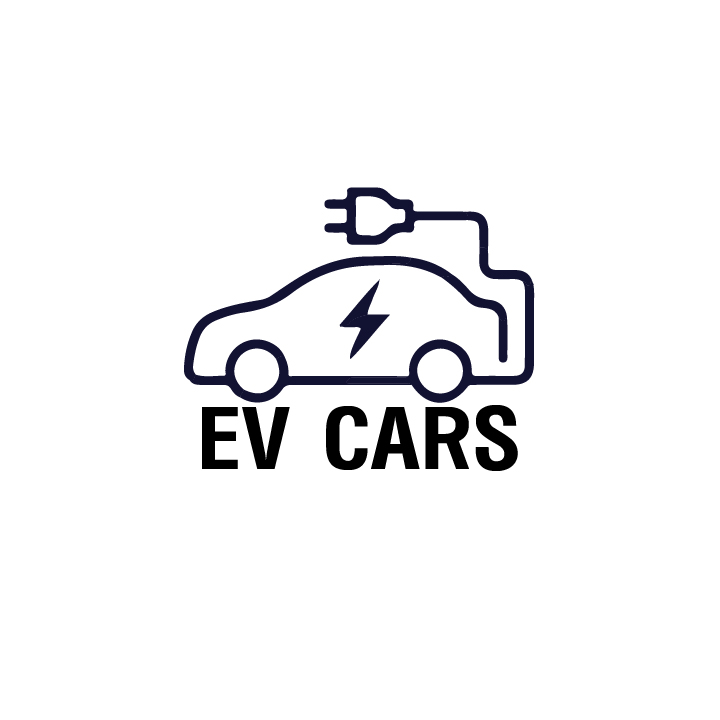


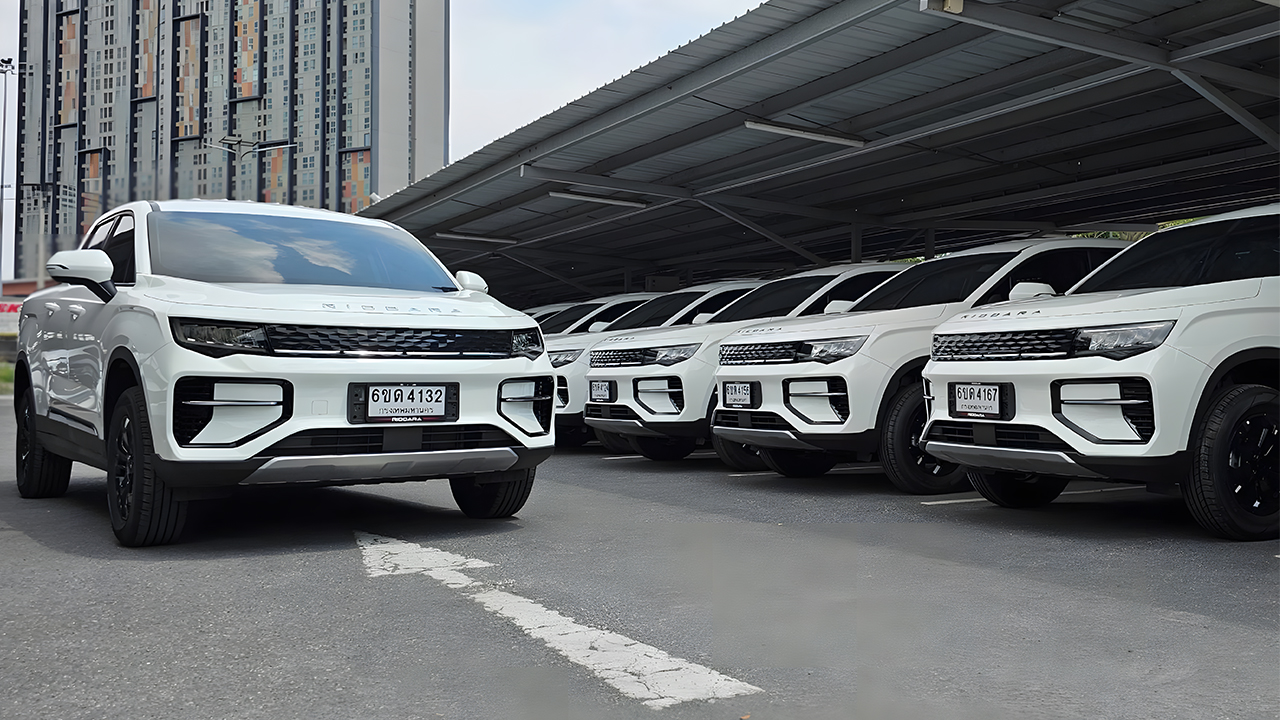
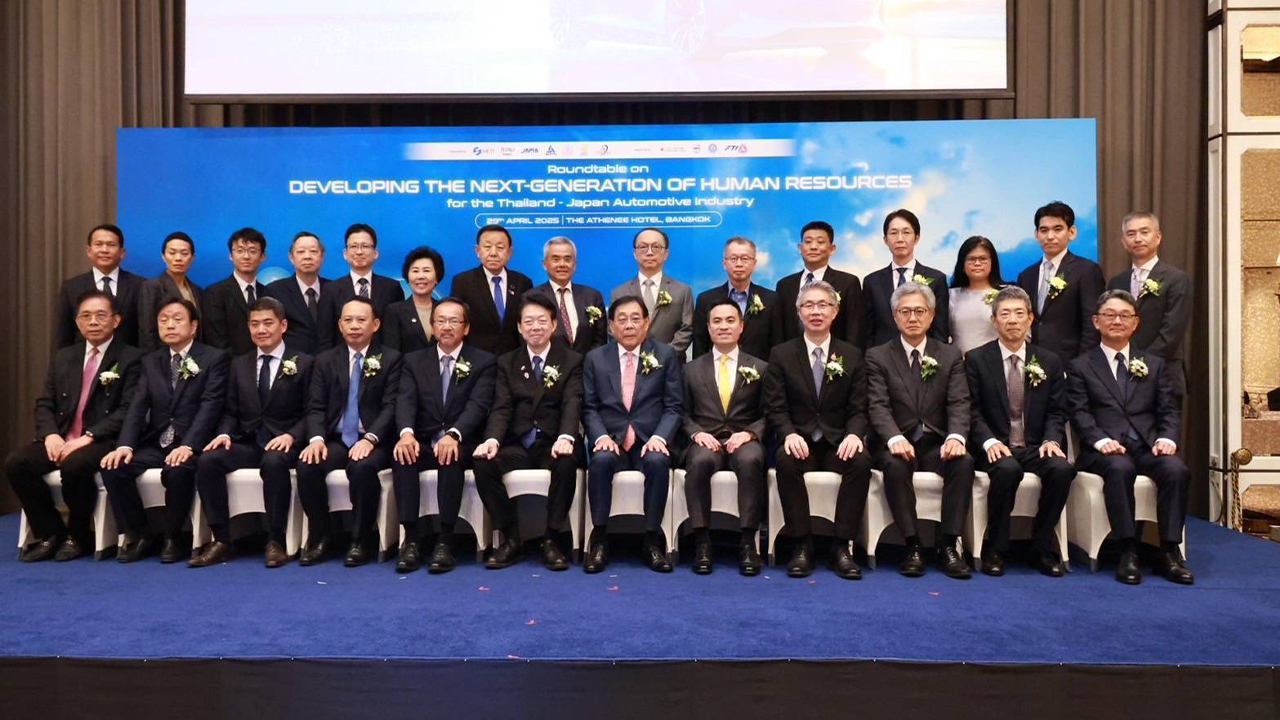
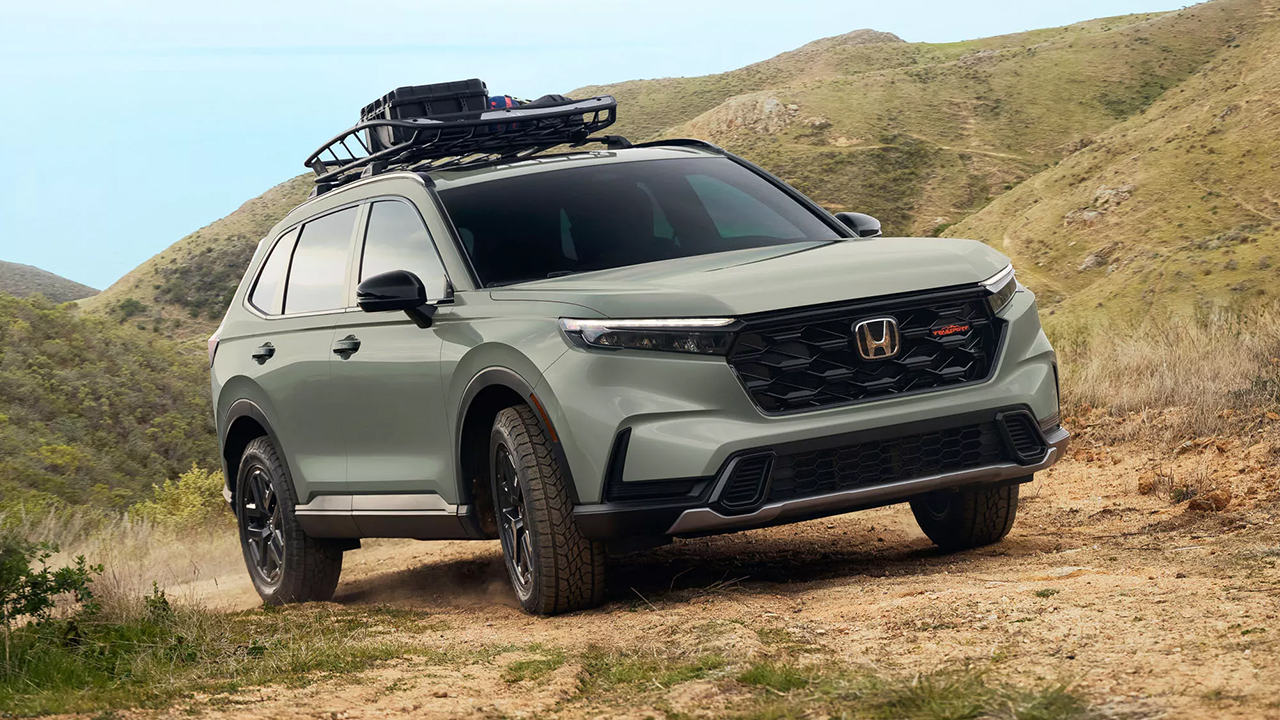
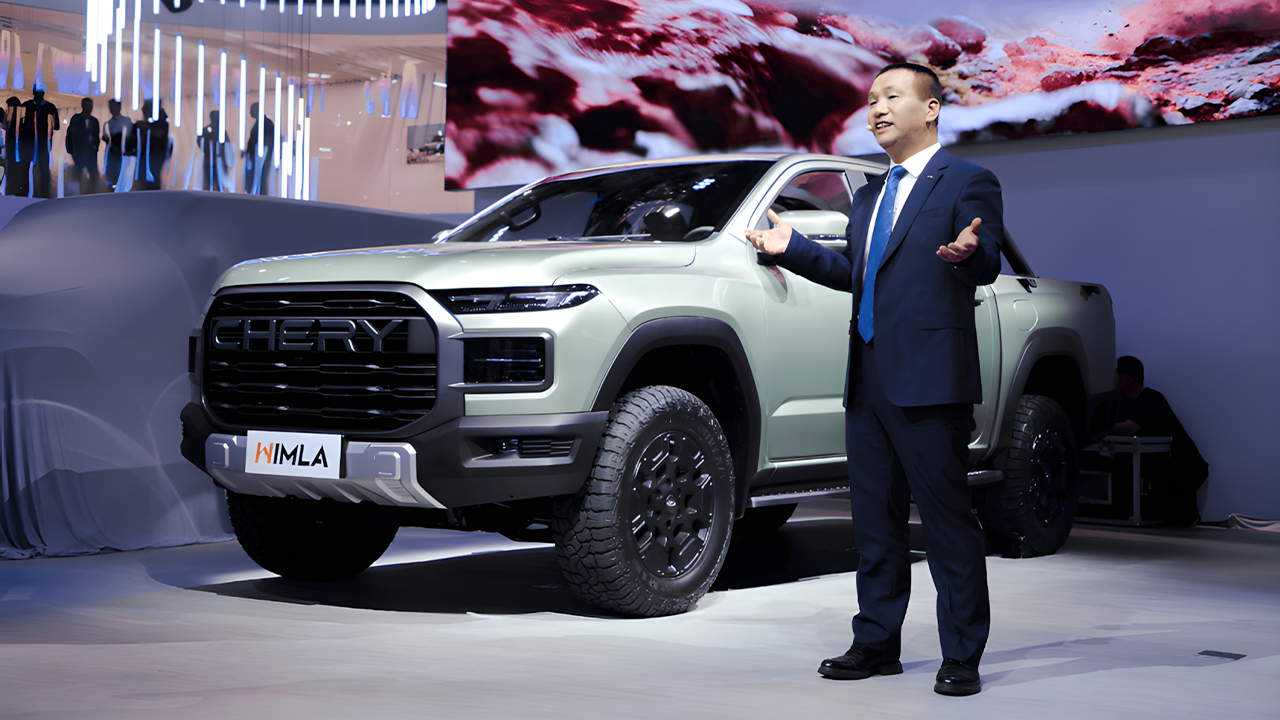
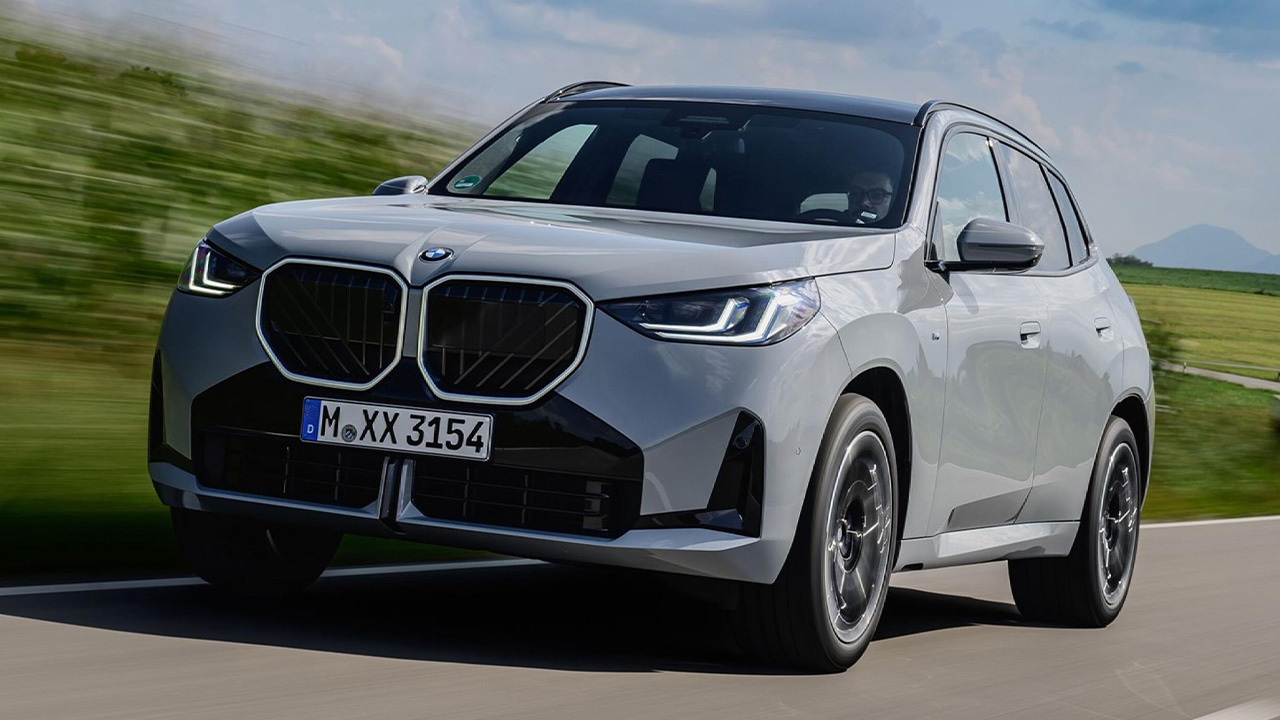
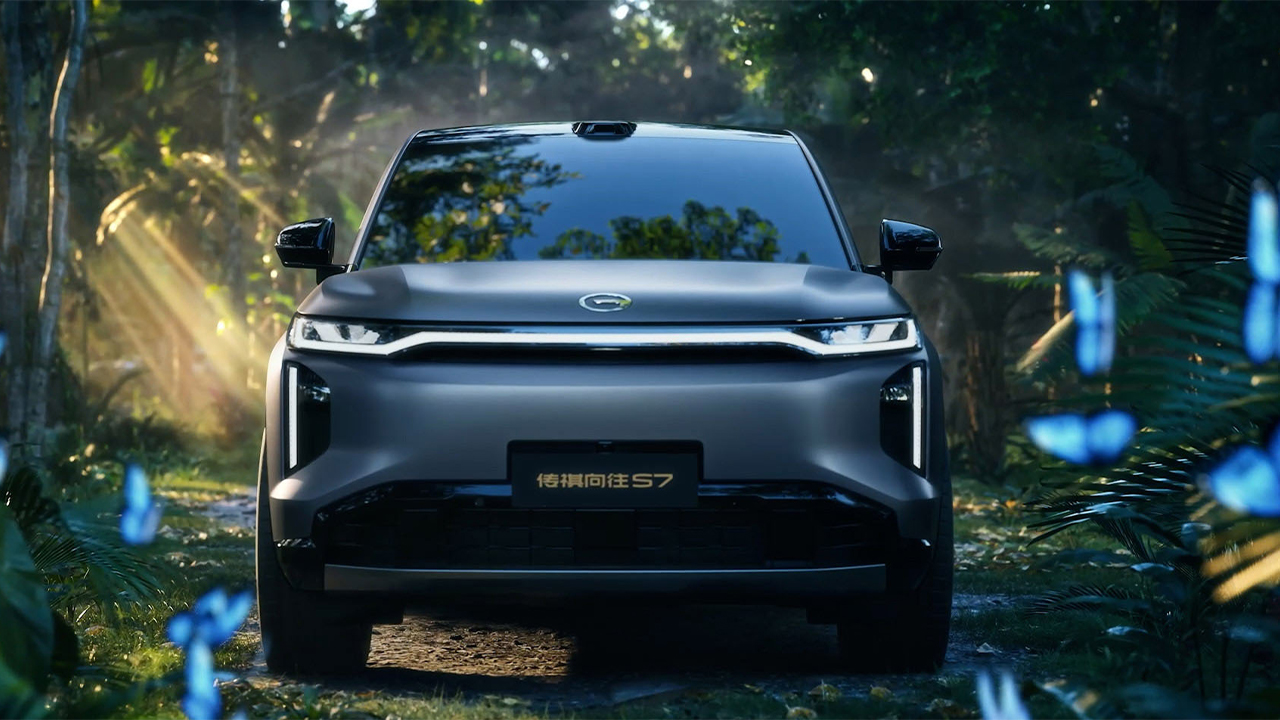
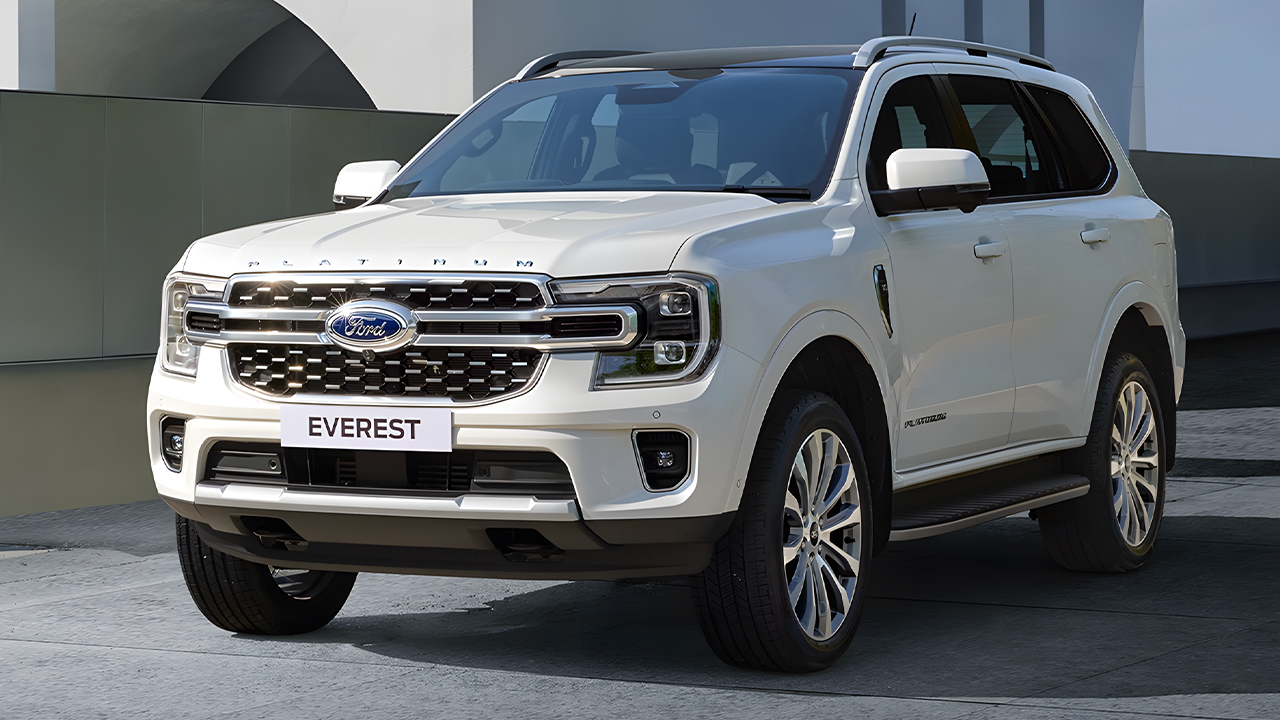



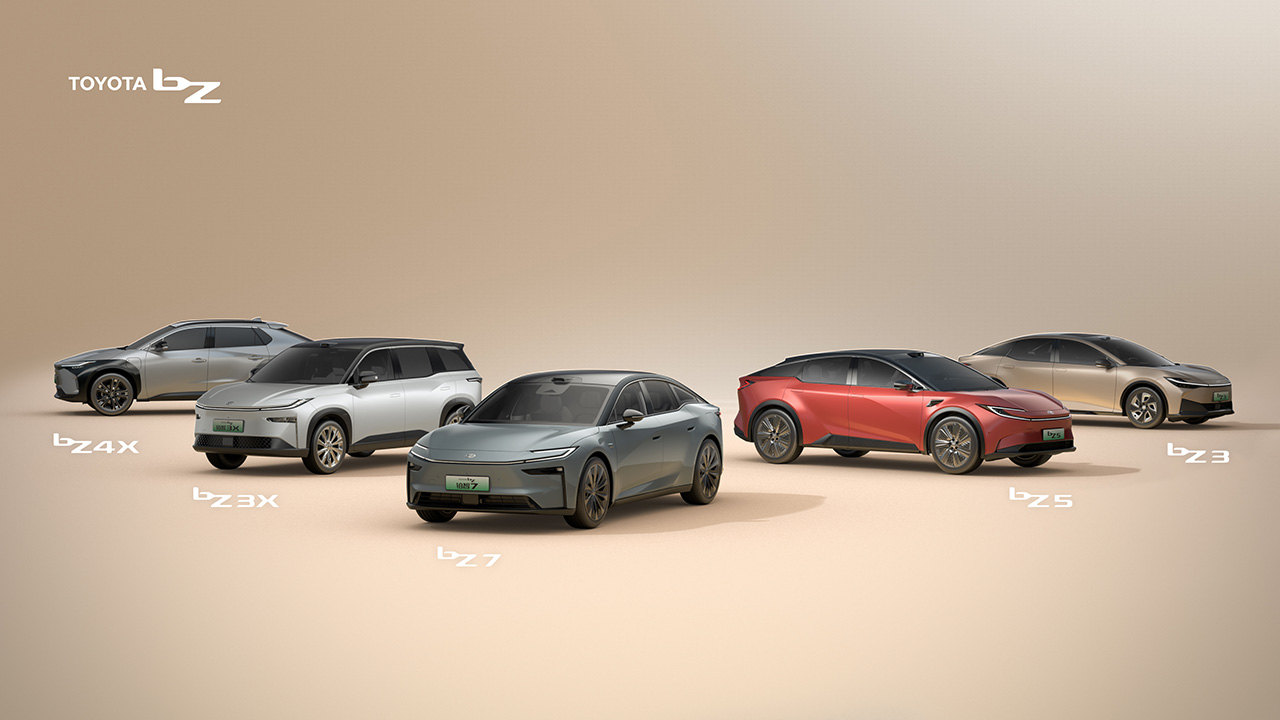
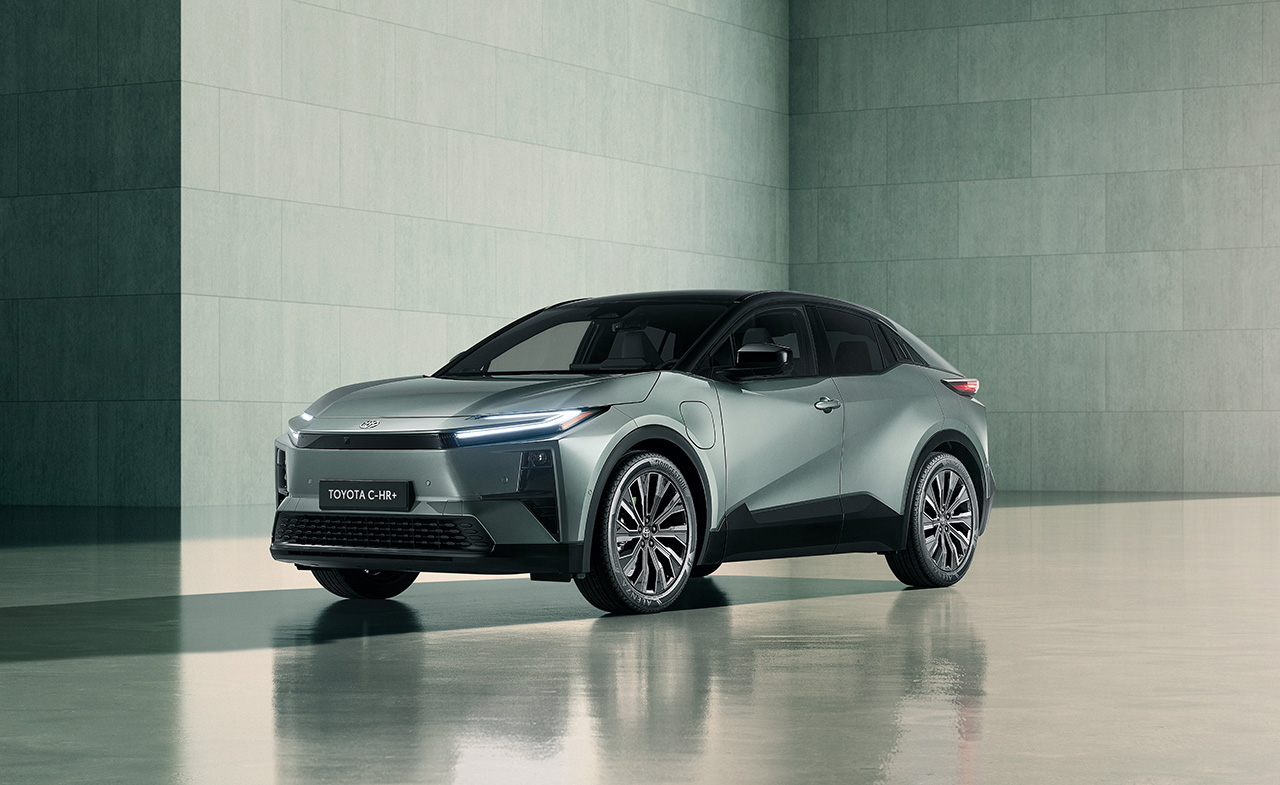
.webp)






